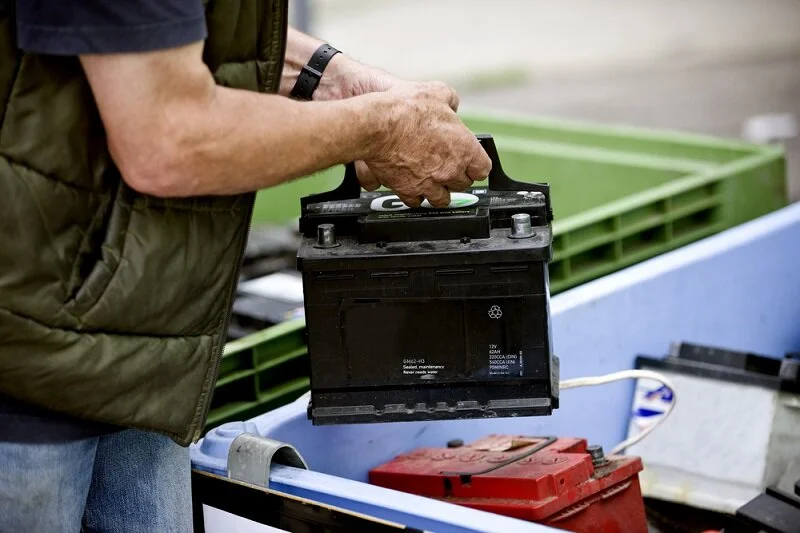Are Your Car Batteries Flat?
Your car’s battery is probably the most important part because it runs everything from your car’s infotainment systems to charging your smartphones. As Chinese New Year and it's hot, hot weather in Malaysia is coming, your car’s battery will be facing an endurance test. Today we’ll look at whether your car is able to pass the daily grind of searing hot temperatures.
Image from: Quick Lane
Why Does My Battery Get Fatigued So Soon?
On top of being literally baked in the sun for hours on end, car batteries must also contend with the fact that they’re being asked to do more work than ever before, like operating increasingly sophisticated infotainment systems and charging all your smartphones. In the past, a dead battery could be attributed to something as simple as leaving your headlights or even an interior light on overnight. For the more modern cars, the cause of a dead battery is more complex and could require a bit more checking to discover the source of the power drain.
The best thing you could do is to ask your car’s service advisor to run a full battery check before your long journey back to your kampungs for Chinese New Year.
What Should You Do To Keep Your Battery From Being Fatigued?
Image from: Carsome
One of the most important things to make sure your car battery isn’t fatigued is to have regular inspections of your battery. Make sure that your car’s battery terminals are clean and that you undergo routine testing of a battery’s charge level to make sure your battery remains in tip-top shape. This maintenance is especially important in hot weather when high temperatures accelerate corrosion and can evaporate the water inside the battery.
Some Tips To Keep Your Battery Running At Its Best
Image from: Herring Insurance Service
1. Check your battery fluid
There are two types of batteries now. The 'Maintenance-free' batteries do not require adding fluid. Look for user guidelines or a label that warns against opening battery caps. Although it may appear removable, the battery cap may be glued or locked in place. 'Maintenance accessible' batteries may require adding water in hot climates or high heat. Look for a battery label and follow manufacturer guidelines.
Make sure you check that your vehicles’ batteries need fluid. Always use a small amount of distilled water, not tap water because tap water may contain chlorine or other chemicals that can change electrolyte composition.
2. Inspect terminal connections
Always make sure your battery terminals are snug and free of corrosion. Corroded terminals can be cleaned with a brush (such as a discarded toothbrush) and a light paste of household baking soda and water.
3. Replacing your batteries
Batteries eventually fail even if properly maintained. You need to make sure that your batteries are enough to power your vehicle and accessories without problems.
4. Get your vehicle’s charging system checked
Make sure to check your car’s charging system. The problems in your vehicle electrical system can cause a battery to dry out and fail prematurely.



